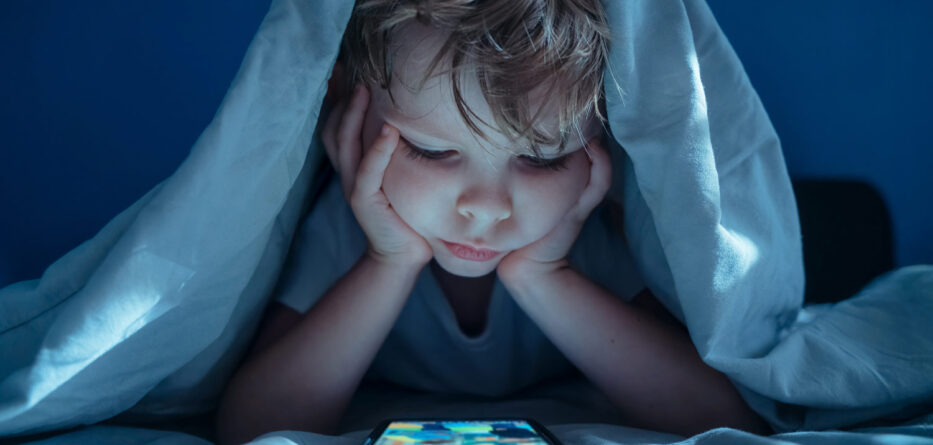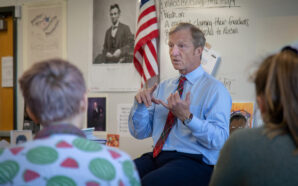Spending too much time on a smartphone or iPad is a bad habit health researchers are paying more attention to. For youth, there is fresh evidence about poor heart health later in life and Minnesota experts recognize the concerns.
A new study in the Journal of the American Heart Association showed increased time on digital devices or watching TV among children and young adults is linked to risk factors like high blood pressure and high cholesterol.
Dr. Jamie Lohr, a pediatric cardiologist at the University of Minnesota, said the findings align with her research into childhood obesity. She pointed out kids do not suddenly shake off the effects when they become adults, adding good habits take hold at younger ages.
“These are the times that we form habits for daily exercise for healthy eating,” Lohr explained. “There’s no doubt from the research that these patterns of screen use in childhood impact you lifelong.”
It is not just lack of daily movement. The study’s authors pointed out excessive screen time makes it harder for kids to get quality sleep, elevating the heart health risks. Lohr and other experts said the findings reinforce the need for parents to ensure their kids weave in enough physical activity and put away their phones at least an hour before bed. They urged parents to set good examples by doing the same.
The concerns can be traced back to the emergence of video games and cable TV. But Lohr, also a Heart Association volunteer, said the new study shines a light on how just how much time kids are replacing other activities with social media scrolling or binge-watching.
“With self-reported screen time, an 18-year-old (had) 6.1 hours, which is a quarter of their day spent on a screen that wasn’t spent talking to their parents, talking to their siblings, doing household chores,” Lohr observed.
Dr. Janna Gewirtz O’Brien, president-elect of the Minnesota chapter of the American Academy of Pediatrics, echoed the call for families to work together on curbing screen time use, with small goals to start with. She stressed a shared sense of responsible habits might actually resonate with teens.
“Many of the adolescents I work with are smart and insightful,” Gewirtz O’Brien noted. “When I ask them, ‘What do you think’s making you tired during the day? What do you think’s getting in the way of your sleep?’ And they’re like, ‘Well, if I just turn my phone off.'”





